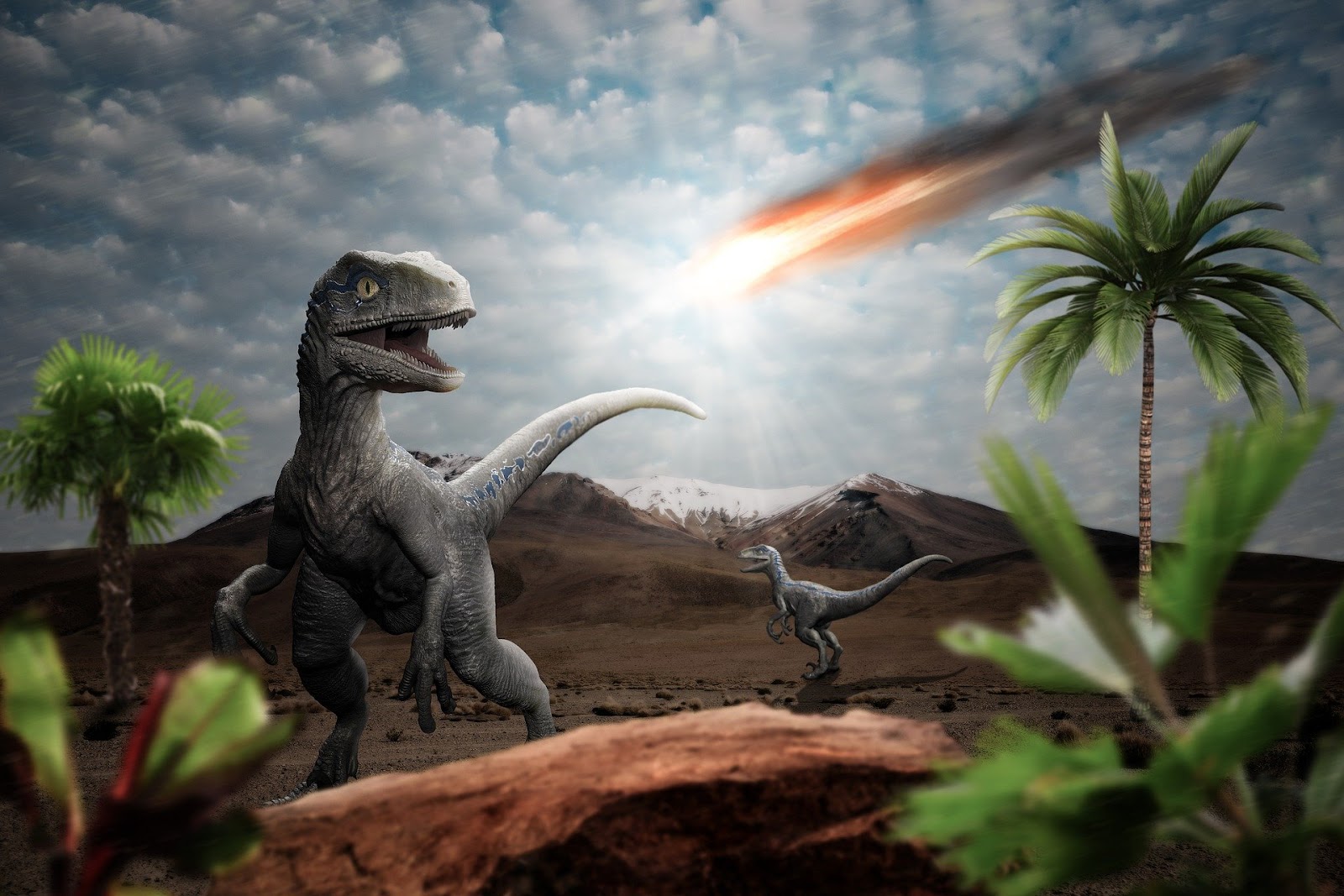what scientist studies processes that change and shape the earth
What Scientist Studies Processes That Change And Shape The Earth?
A geologist is a scientist who studies the solid, liquid, and gaseous matter that constitutes Earth and other terrestrial planets, as well as the processes that shape them. … Geologists are also important contributors to climate change discussions.
What type of scientist studies processes?
Super Scientists| A | B |
|---|---|
| mycologist | studies fungi |
| botanist | studies plant life |
| geophysicist | studies processes that change & shape the Earth |
| herpetologist | studies reptiles and amphibians |
What are the scientists who study the Earth’s history called?
A geologist is a person who studies the earth. Geologists study the structure of the Earth, or how it is made, the origin, or the beginning of the Earth, and its history. Geologists study rocks, soil, fossils, mountains, and earthquakes.
What type of scientist studies rocks minerals and Earth’s landforms?
Geologists Geologists are scientists who study a planet’s solid features, like soil, rocks, and minerals. See also what figure of speech is used in this line from walt whitman's poem "i hear america singing"?What kind of scientist studies atoms and molecules?
The main field of science that studies atoms and molecules is called chemistry. Chemists use their knowledge of atoms to create molecules that can be used as medicines.What scientist studies dinosaurs and fossils?
paleontologist paleontologist A scientist who specializes in studying fossils, the remains of ancient organisms.Who studies the Earth’s structure?
geologists Scientists who study the earth’s layers are called geologists. Scientists who study the earth’s layers are called geologists. Since they cannot see the inside of the earth they use geographical clues to help them. These clues are gathered from activities such as volcanoes and earthquakes.Who studies the Earth and rocks?
Geologists Geologists also study fossils and Earth’s history. There are many other branches of geology. There is so much to know about our home planet that most geologists become specialists in one area. For example, a mineralogist studies minerals, as seen in (figure 1).What is the study of earth science?
Earth science is the study of the Earth’s structure, properties, processes, and four and a half billion years of biotic evolution. Understanding these phenomena is essential to maintenance of life on the planet.
What can geologists who study rocks minerals and the history of Earth tell?
Scientists who study the rocks, minerals, landforms and the history of the earth can tell what kind of plants and animals lived on the earth a long time ago. These scientists are called geologists. One way that they are able to do this is by the study of fossils. … Plant fossils are found in the areas that once swamped.
How do Geologists study the Earth’s past?
Geologists work to understand the history of our planet. … Geologists conduct studies that locate rocks that contain important metals, plan the mines that produce them and the methods used to remove the metals from the rocks. They do similar work to locate and produce oil, natural gas, and groundwater.
What does a geologist study?
Also known as ‘geoscience’ or ‘Earth science’, geology is the study of the structure, evolution and dynamics of the Earth and its natural mineral and energy resources. Geology investigates the processes that have shaped the Earth through its 4500 million (approximate!) See also what does gaseous meanWhat careers study atoms and molecules?
Careers for Physicists and Astronomers- Astronomers.
- Astrophysicists.
- Atomic physicists.
- Condensed matter and materials physicists.
- Condensed matter physicists.
- Cosmologists.
- Extragalactic astronomers.
- Fluid dynamicists.
Is a physicist a scientist?
A physicist is a scientist who studies and is trained in physics, which is the study of nature, especially how matter and energy behave. … It takes many years of school to become a physicist, and physicists work on complex projects such as space travel and new energy sources.
What would a physicist study?
A physicist is a scientist who specializes in the field of physics, which encompasses the interactions of matter and energy at all length and time scales in the physical universe.What type of scientist is a paleontologist?
A paleontologist is a scientist who studies the history of life on Earth through the fossil record. Fossils are the evidence of past life on the planet and can include those formed from animal bodies or their imprints (body fossils). Trace fossils are another kind of fossil.What type of scientist studies the environment?
Geographer: A scientist who studies Earth’s natural environment and how human society uses the natural environment.
How do you pronounce paleontologist?
What studies the structure of Earth?
geology – Study of the structure of the Earth | .
What did Inge Lehmann discover?
Inge Lehmann, (born May 13, 1888, Copenhagen, Denmark—died February 21, 1993, Copenhagen), Danish seismologist best known for her discovery of the inner core of Earth in 1936 by using seismic wave data.
What is the meaning lithosphere?
The lithosphere is the solid, outer part of the Earth. The lithosphere includes the brittle upper portion of the mantle and the crust, the outermost layers of Earth’s structure. It is bounded by the atmosphere above and the asthenosphere (another part of the upper mantle) below.
What scientist studies motion forces and energy?
Super Scientists| A | B |
|---|---|
| Physicist | Studies motion, forces, and energy |
| Parasitologist | Studies parasites |
| Botanist | Studies plant life |
| Geophysicist | Studies processes that change and shape the Earth |
Which type of scientist analyzes the composition of rocks?
Geology is the study of rocks and geologists are the people who study them! There are many different types of geologists. Some of the common types are listed below. Mineralogists study minerals.
Why do scientists geologists study rocks?
Geologists study rocks because they contain clues about what the Earth was like in the past. We can assemble a historical record of a planet and trace events that occurred long before humans roamed our planet.
How do you study Earth science?
ReviewEarthScience.com- Study Tips for the Earth Science Regents. …
- Keep the big picture in front of you. …
- Learn to manage your time. …
- Know your learning style. …
- Keep the small picture in front of you. …
- Take and organize notes. …
- Concentrate when you study. …
- Quiz yourself.
What are the sciences that are included in Earth science?
The study of Earth science includes many different fields, including geology, meteorology, oceanography, and astronomy. Each type of Earth scientist investigates the processes and materials of the Earth and beyond as a system.How do I become an earth scientist?
Geoscientists typically need at least a bachelor’s degree for most entry-level positions. A geosciences degree is generally preferred by employers, although some geoscientists begin their careers with degrees in environmental science or engineering. Some geoscientist jobs require a master’s degree.
What is the study of rocks and minerals called?
Petrology is the study of rocks – igneous, metamorphic, and sedimentary – and the processes that form and transform them. Mineralogy is the study of the chemistry, crystal structure and physical properties of the mineral constituents of rocks.
What might scientists learn when studying Earth’s geologic history?
Historical geologists are scientists who study the Earth’s past. They study clues left on the Earth to learn two main things: the order in which events happened on Earth, and how long it took for those events to happen.
What is the science that deals with the earth’s physical structure and substance its history and the processes that act on it?
geology The study of Earth’s physical structure and substance, its history and the processes that act on it. People who work in this field are known as geologists.





